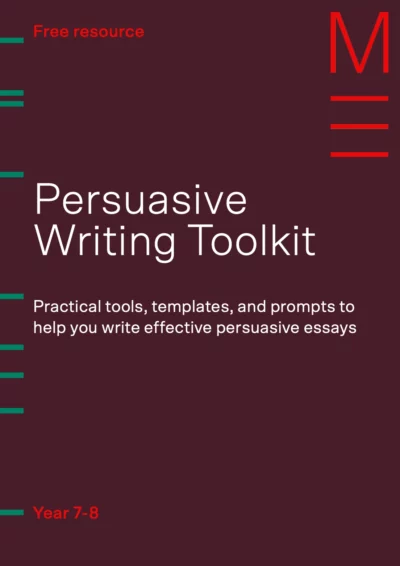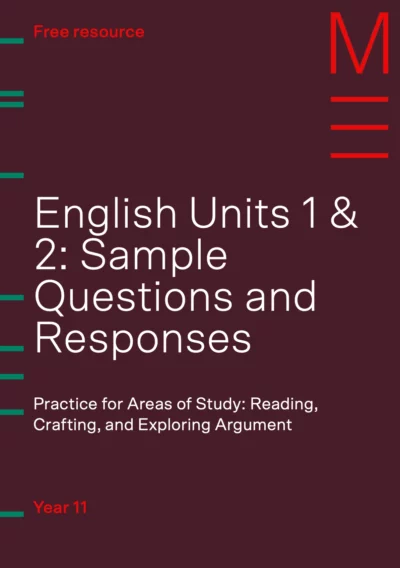You’ve now explored all the key skills in VCE English Units 1 & 2, from text analysis and creative writing to argument breakdowns and persuasive responses. These are the building blocks for success in Year 12.
Keep practising, use the tips in this guide, and remember: the goal is progress, not perfection. You’re on the right track!






